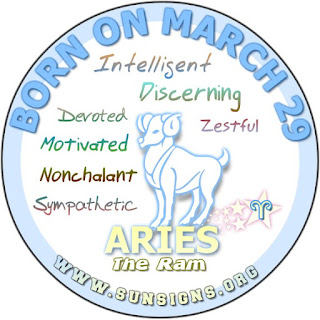Wisdom from David Nicholls
Having read--and truly enjoyed--One Day, by David Nicholls, I found myself excited to begin his latest novel, Us. The first chapter drew me in, and I found myself leaning into the page, interested, a feeling of happiness surrounding me. I even said to Tim, "You might want to read this book. The protagonist is a male scientist." You know, like Tim should read every book that features a male scientist because that, of course, also describes my husband.
As my reading progressed, though, I realized that whatever I felt when reading One Day would not be replicated in this new book. Sure, I liked the characters: Connie and Douglas are memorable in their own right, with quirks and mannerisms that seem to jump from the page. I could get lost in the characters. But the plot wasn't doing anything for me. While Nicholls possesses the ability to weave together the past and present almost seamlessly, the plot strewn within that past and present didn't hold my attention.
In the end, I skimmed the book, so I can't truthfully write a review of it. But during that skimming process, I found myself stopping, staring, rereading, and writing down page numbers. Hidden within a story I couldn't quite finish appropriately are nuggets that tug at my heart.
As my reading progressed, though, I realized that whatever I felt when reading One Day would not be replicated in this new book. Sure, I liked the characters: Connie and Douglas are memorable in their own right, with quirks and mannerisms that seem to jump from the page. I could get lost in the characters. But the plot wasn't doing anything for me. While Nicholls possesses the ability to weave together the past and present almost seamlessly, the plot strewn within that past and present didn't hold my attention.
In the end, I skimmed the book, so I can't truthfully write a review of it. But during that skimming process, I found myself stopping, staring, rereading, and writing down page numbers. Hidden within a story I couldn't quite finish appropriately are nuggets that tug at my heart.
I had always been led to believe that ageing was a slow and gradual process, the creep of a glacier. Now I realize that it happens in a rush, like snow falling off a roof. p. 8And another one:
...my wife at fifty-two years old seems to me just as attractive as the day I first met her. If I were to say this out loud, she would say, "Douglas, that's just a line. No one prefers wrinkles, no one prefers grey." To which I'd reply, "But none of this is a surprise. I've been expecting to watch you grow older ever since we met. Why should it trouble me? It's the face itself that I love, not that face at twenty-eight or thirty-four or forty-three. It's that face." p. 8-9In case you think I only concentrate on romantic love, I don't. Thankfully, here at our house we're not yet in the position that Douglas holds, but the lines below hit me right where it hurts.
I have had some experience of unrequited love in the past and that was no picnic. I can tell you. But the unrequited love of one's only living offspring has its own particular slow acid burn. p. 49And I've left the best for last. Or should I say worst. The book houses a ton of quotes I could choose to share that affected me. This quote, though, is the one that will haunt me, remind me not to be the way Douglas is at times. It's a quote to live by, if you ask me.
"When did it start, Douglas?" she said, her voice low. "When did you start to drain the passion out of everything?"You want more? You'll have to get the book for yourself. I found enough in this book that I liked. I'll give Nicholls another chance, with his next novel. It's the least I can do for an author who makes me think about the way I'm living my life.


Comments